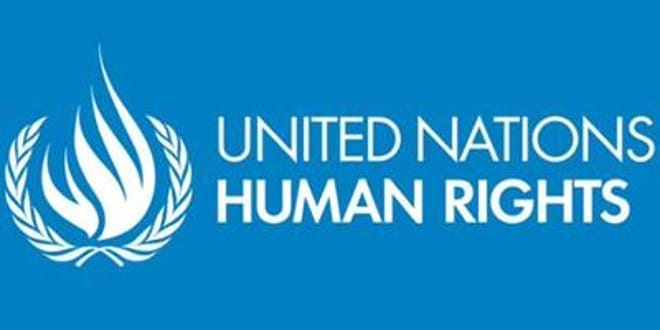The United Nations appointed Joseph Cannataci as its first privacy chief in July. Perhaps unsurprisingly, Cannataci has called out the UK for being especially egregious in violating its citizens privacy with its extensive surveillance apparatus. He considered it worse than the mass surveillance depicted in George Orwell's dystopian novel 1984, stating, "at least Winston was able to go out in the countryside and go under a tree and expect there wouldn’t be any screen, as it was called. Whereas today there are many parts of the English countryside where there are more cameras than George Orwell could ever have imagined. So the situation in some cases is far worse already."
The United Nations Human Rights Council has empowered Cannataci with a broad mandate. He will not only review national laws and procedures to make sure they adhere to international human rights obligations, but also to articulate private sector responsibilities to respect human rights. He stated that he is challenging companies whose business model involves, "taking the data that you never even knew they were taking." This comment is likely directed at companies like Twitter and Facebook, two companies that Cannataci has stated he does not use because of privacy concerns. He considers it a disappointment that so many people use these services and sign away their rights without thinking about it.
Cannataci made it clear that improving the protection of privacy rights is going to be a long job. "I would say it’s impossible to achieve in three years. And it’s probably impossible to achieve even if the mandate is renewed to six years," he stated, "But I do think that – at least my view of things in a field like human rights – is the longer term view, right? The impact must be felt in the long-term." He has also supported the creation of a new international agreement relating to surveillance, something comparable to the Geneva Conventions. While some nations may not want to sign on to such an agreement, it would be a national embarrassment for them not to protect citizens privacy, which may force them to reconsider.
Is an international agreement regarding privacy and surveillance a good idea? Leave your comments below.







